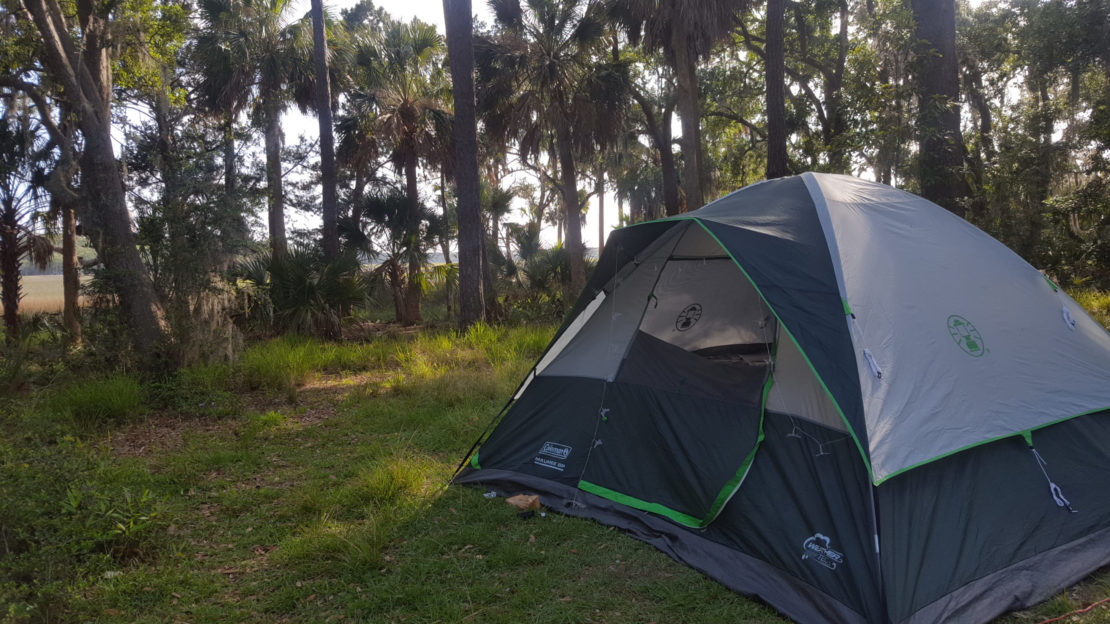
EzlyAmuzzed
3
Joined Jun 2020
Discussions
Reply to: News roundup for Fri, Dec 09, 2022
Posted December 9, 2022
Reply to: News roundup for Tue, Oct 25, 2022
Posted October 26, 2022
Reply to: News roundup for Tue, Oct 25, 2022
Posted October 25, 2022
Reply to: Navigating the healthcare system in the USA
Posted October 11, 2022
Reply to: Advice for a new prepper – hurricane/flood scenario in Florida
Posted October 11, 2022
Reply to: Advice for a new prepper – hurricane/flood scenario in Florida
Posted October 11, 2022
Reply to: Advice for a new prepper – hurricane/flood scenario in Florida
Posted October 11, 2022
Reply to: News roundup for Fri, Oct 07, 2022
Posted October 6, 2022
Reply to: News roundup for Fri, Sep 15, 2022
Posted September 16, 2022
Reply to: FAQ: Apple AirTags for prepping
Posted September 11, 2022
Reply to: News roundup for Tue, Aug 30, 2022
Posted August 30, 2022
Reply to: News roundup for Tue, Aug 16, 2022
Posted August 16, 2022
Reply to: News roundup for Tue, Jul 26, 2022
Posted July 25, 2022
Reply to: Free FEMA webinar with TP and myself
Posted July 6, 2022
Reply to: Minor prepping victory: Perennial Fruit!
Posted July 5, 2022
Load more...
What creative ways do you manage your trash when city services are falling behind
AdviceScenarios 2415
Posted October 5, 2021
Reply to: News roundup for Fri, Dec 09, 2022
Posted December 9, 2022
Reply to: News roundup for Tue, Oct 25, 2022
Posted October 26, 2022
Reply to: News roundup for Tue, Oct 25, 2022
Posted October 25, 2022
Reply to: Navigating the healthcare system in the USA
Posted October 11, 2022
Reply to: Advice for a new prepper – hurricane/flood scenario in Florida
Posted October 11, 2022
Reply to: Advice for a new prepper – hurricane/flood scenario in Florida
Posted October 11, 2022
Reply to: Advice for a new prepper – hurricane/flood scenario in Florida
Posted October 11, 2022
Reply to: News roundup for Fri, Oct 07, 2022
Posted October 6, 2022
Reply to: News roundup for Fri, Sep 15, 2022
Posted September 16, 2022
Reply to: FAQ: Apple AirTags for prepping
Posted September 11, 2022
Reply to: News roundup for Tue, Aug 30, 2022
Posted August 30, 2022
Reply to: News roundup for Tue, Aug 16, 2022
Posted August 16, 2022
Reply to: News roundup for Tue, Jul 26, 2022
Posted July 25, 2022
Reply to: Free FEMA webinar with TP and myself
Posted July 6, 2022
Reply to: Minor prepping victory: Perennial Fruit!
Posted July 5, 2022
Reply to: News roundup for Tue, Jul 05, 2022
Posted July 5, 2022
Load more...